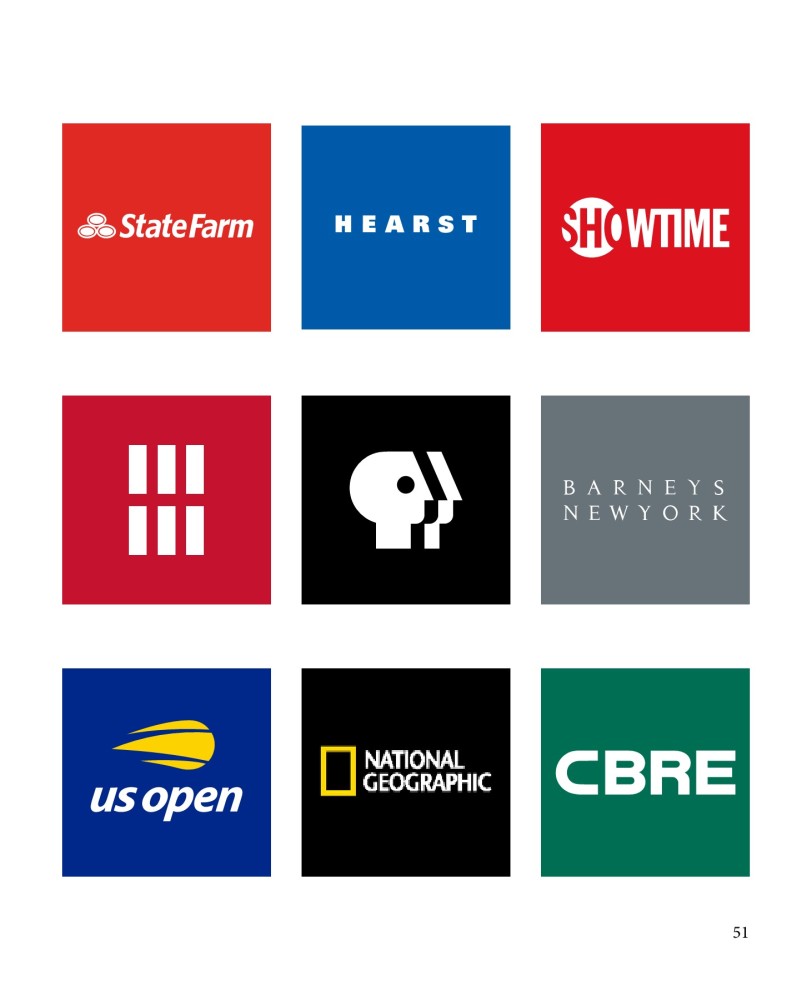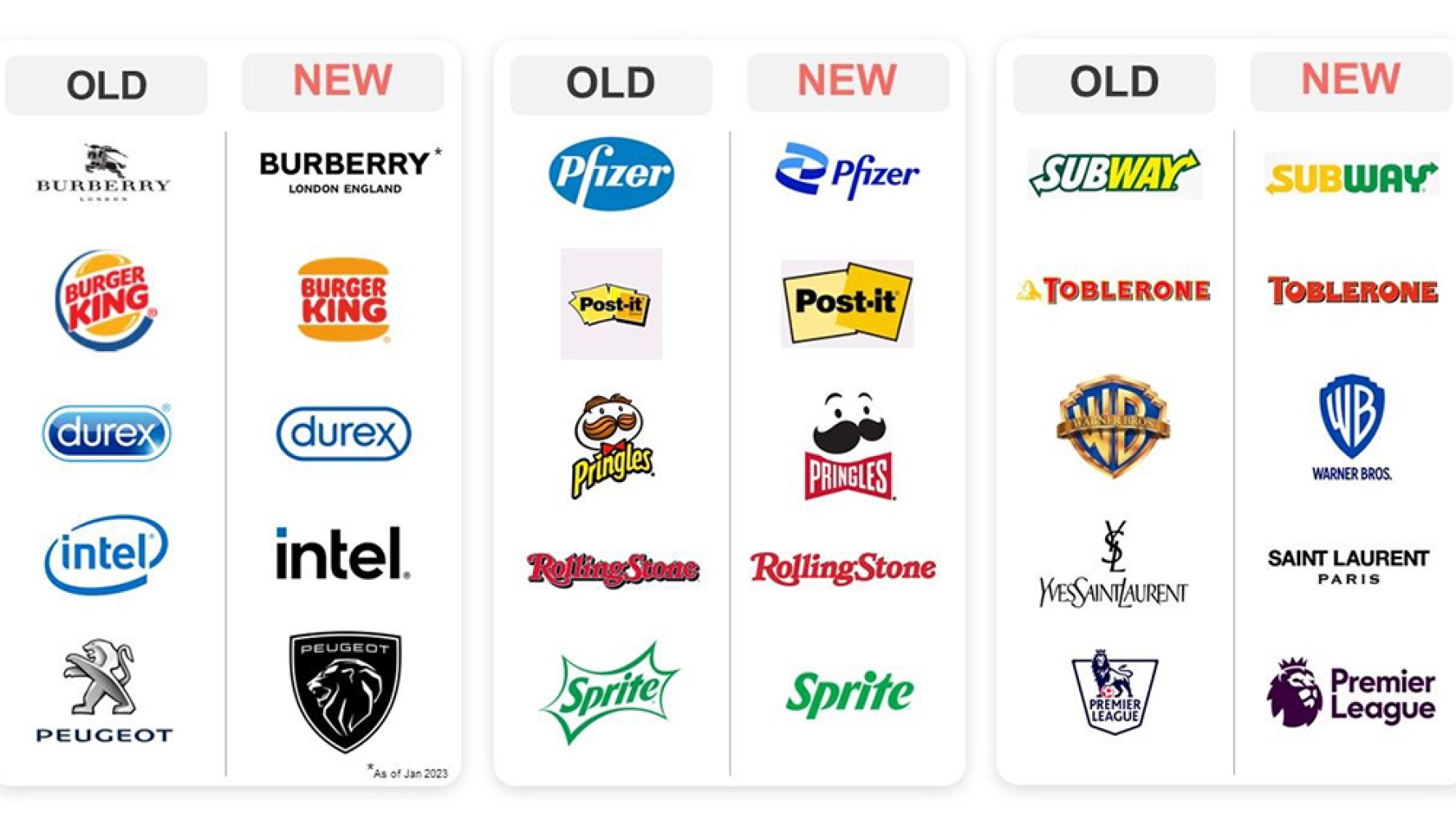In the ever-evolving landscape of business and marketing, one element stands out as a fundamental pillar of success—brand identity. Beyond just a logo or a catchy tagline, brand identity encapsulates the essence of a company, shaping its perception in the eyes of consumers. This blog explores the multifaceted importance of brand identity and how it serves as a powerful tool for businesses aiming to thrive in a competitive marketplace.
Defining Brand Identity
Brand identity is more than just a visual representation; it encompasses the overall impression a company conveys to the public. This includes visual elements like logos, color schemes, and typography, as well as non-visual elements such as the company's values, mission, and voice. A strong brand identity is cohesive and consistent across all touchpoints, fostering a sense of familiarity and trust among consumers.
Building Trust and Credibility
In a world inundated with choices, consumers are more likely to gravitate towards brands they recognize and trust. A well-defined brand identity helps establish credibility by conveying a sense of professionalism and reliability. When a company consistently delivers on its promises and aligns its actions with its brand values, it builds a reputation that resonates with customers, fostering long-term loyalty.
Creating Differentiation in a Crowded Market
In competitive industries, differentiation is key. A strong brand identity helps a company stand out from the crowd by communicating its unique selling points and values. Whether through a memorable logo, a distinct color palette, or a compelling brand story, a well-crafted brand identity gives consumers a reason to choose one brand over another.
Facilitating Recognition and Recall
The human brain is wired to respond to visuals, and a strong brand identity capitalizes on this by creating memorable and recognizable symbols. Consistent use of visual elements across marketing materials, products, and digital platforms enhances brand recall. Think about iconic brands like Apple or Coca-Cola— their logos alone evoke immediate recognition and recall.
Fostering Customer Connection
A brand identity that resonates emotionally with its target audience goes beyond mere transactions; it fosters a genuine connection. Consumers are more likely to engage with brands that align with their values and beliefs. By conveying a clear and authentic brand story, companies can establish an emotional connection that goes beyond product features and price points.
Supporting Marketing and Communication Efforts
Brand identity serves as the foundation for effective marketing and communication strategies. A cohesive and well-defined identity ensures that all marketing materials, from advertisements to social media posts, consistently reflect the brand's personality and message. This not only reinforces the brand in the minds of consumers but also streamlines marketing efforts for greater impact.
































